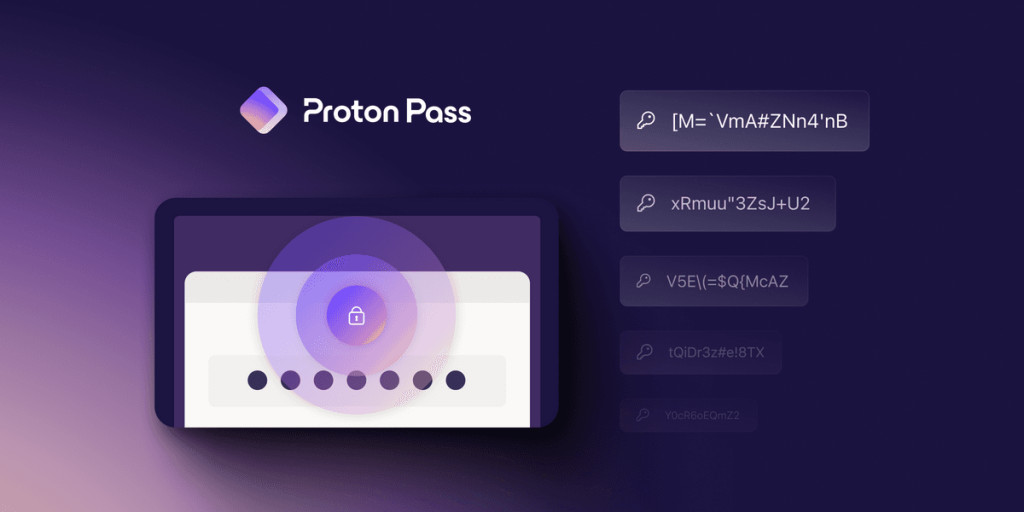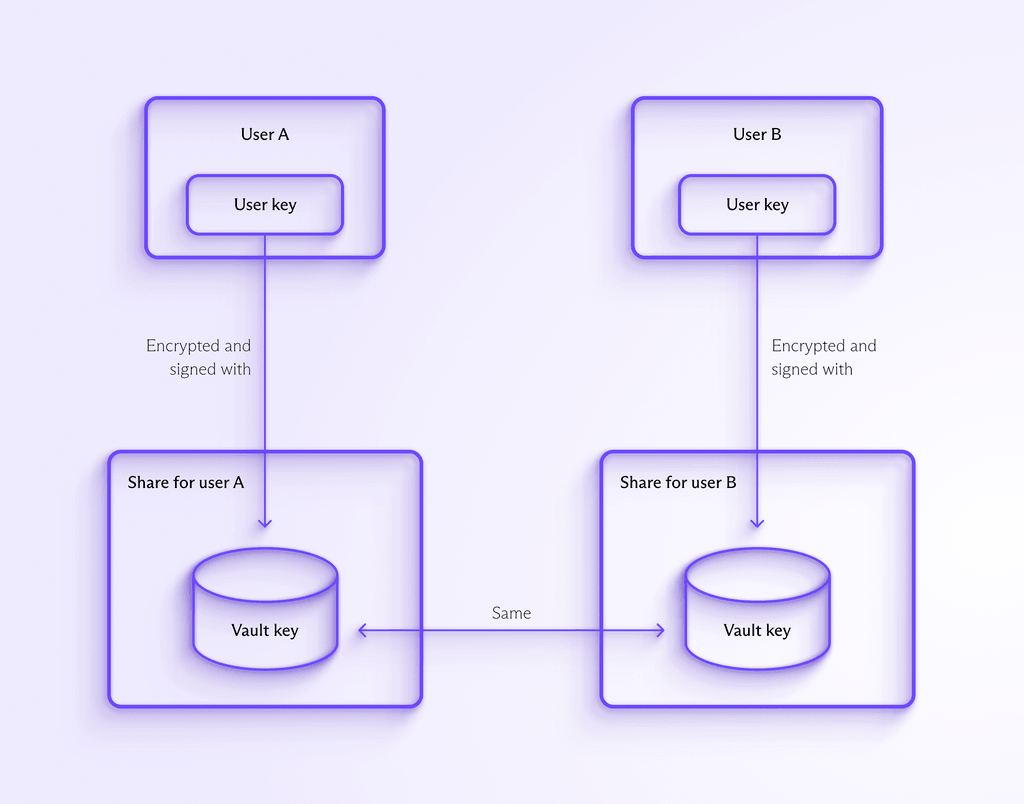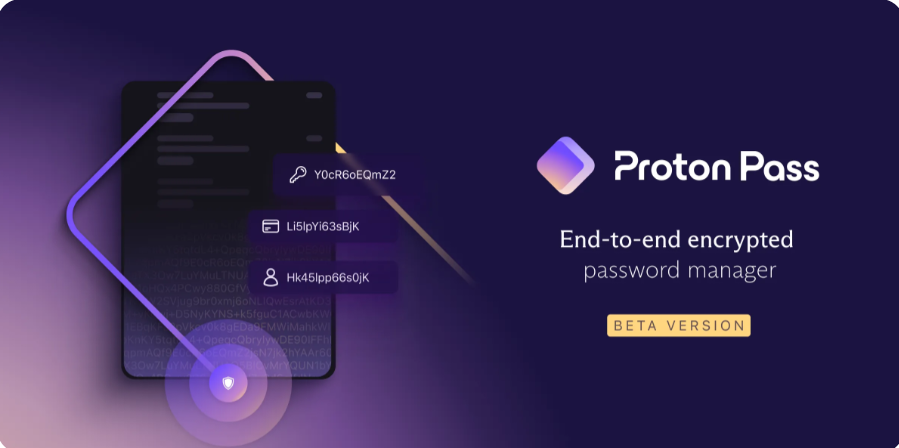What is Proton Pass?
Proton Pass is a term that is becoming increasingly popular in the world of science and technology. It is a type of authentication system that is based on proton exchange, a process that occurs in the natural world. Proton Pass is a new way of securing data and ensuring that only authorized users have access to it.
To understand Proton Pass, it is important to understand how proton exchange works. Protons are positively charged particles that are found in the nucleus of an atom. When two atoms come close together, the positively charged protons can attract each other and exchange places, creating a new chemical bond between the two atoms.
Proton exchange has been studied for decades by scientists, and it has been used in a variety of applications, including medical imaging and nuclear power. In recent years, researchers have been exploring how proton exchange can be used in the field of cybersecurity.

How Does Proton Pass Work?
Proton Pass is a type of authentication system that is based on proton exchange. It works by creating a unique proton signature for each user. This signature is created by using a machine learning algorithm to analyze a user’s behavior and identify unique patterns that can be used to create a proton signature.
Once a user’s proton signature has been created, it can be used to authenticate the user. When a user attempts to access a system or application that is protected by Proton Pass, the system will compare the user’s proton signature to the one that is on file. If the signatures match, the user is granted access. If the signatures do not match, the user is denied access.

Proton Pass has several advantages over traditional authentication systems. First, it is more secure. Because each user has a unique proton signature, it is much more difficult for hackers to impersonate a legitimate user. Second, it is more convenient. Users do not need to remember complex passwords or carry around authentication tokens. Finally, it is more efficient. Proton Pass can authenticate users in a matter of milliseconds, making it ideal for applications that require fast authentication.
Key Features of Proton Pass
The key features of Proton Pass include:
- Biometric authentication: Proton Pass uses biometric data such as fingerprints or facial recognition to verify a user’s identity, making it much more difficult for attackers to gain access to a user’s account.
- Encryption technology: All user data is encrypted using advanced encryption algorithms, making it virtually impossible for attackers to intercept and decipher the data.
- User-friendly interface: Proton Pass offers a highly user-friendly interface, making it easy for users to register and manage their accounts.
- Secure online payments: The system can be used for secure online payments, eliminating the need for users to enter their credit card information on multiple sites.
- Secure data storage: Proton Pass can be used to store sensitive information such as passwords and credit card numbers, further reducing the risk of identity theft.
Applications of Proton Pass
Proton Pass has the potential to revolutionize the way that we think about cybersecurity. It can be used in a variety of applications, including:
- Online banking and financial transactions: Proton Pass can be used to secure online banking and financial transactions, making it more difficult for hackers to steal sensitive financial information.
- E-commerce: Proton Pass can be used to secure e-commerce transactions, ensuring that only authorized users have access to sensitive information such as credit card numbers and shipping addresses.
- Healthcare: Proton Pass can be used to secure electronic medical records, ensuring that only authorized healthcare providers have access to sensitive patient information.
- Government: Proton Pass can be used to secure government systems and applications, ensuring that only authorized personnel have access to sensitive information.
Conclusion
Proton Pass is an exciting new technology that has the potential to revolutionize the way that we think about cybersecurity. By using proton exchange to create unique user signatures, Proton Pass can provide a more secure, convenient, and efficient way of authenticating users. While Proton Pass is still in the early stages of development, it is a technology that is definitely worth keeping an eye on in the coming years.

